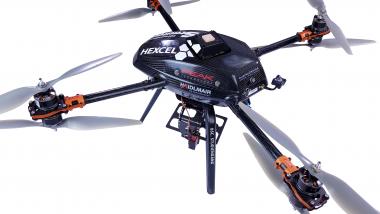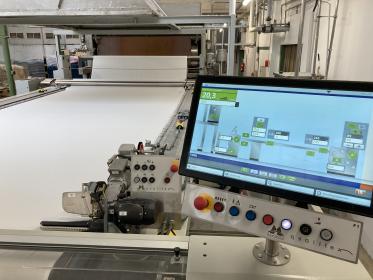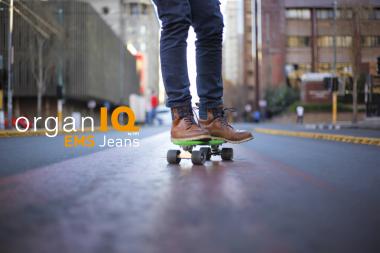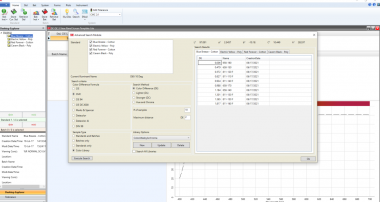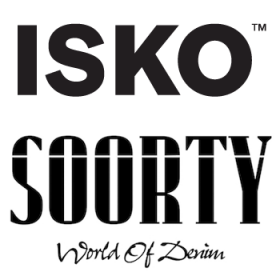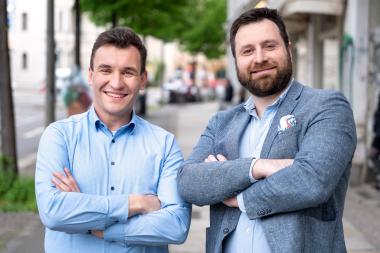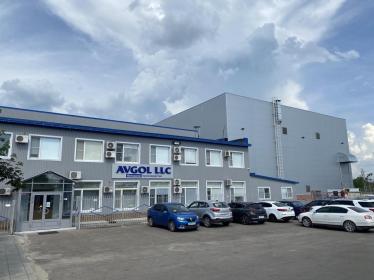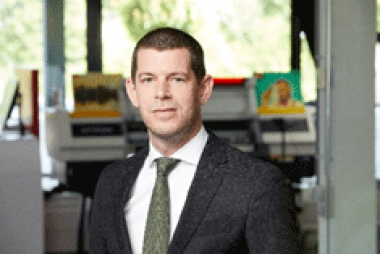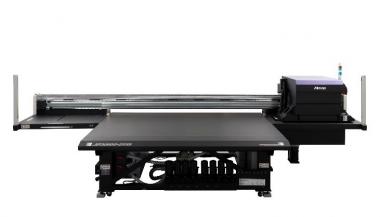norda™: Flagship product with DSM’s bio-based Dyneema® fiber
Royal DSM, a global science-based company in Nutrition, Health and Sustainable Living, confirmed the introduction of the first seamless trail running shoe made with bio-based Dyneema® fiber by norda™, a Canadian shoe brand.
Designed for runners by runners, norda™ was founded under the mission to empower athletes to unlock their peak potential through innovation and cutting-edge technology. The brand’s flagship product, norda™001, utilizes bio-based Dyneema® fiber to enhance performance and sustainability in a lightweight construction.
The shoe upper is seamlessly constructed with Dyneema® fabric, which benefits from the intrinsic properties of Dyneema®, the world’s strongest fiber™. Dyneema® fiber is engineered at the molecular level to provide high strength, low weight, waterproof and breathable properties – fusing the technical performance of ultra-light materials with aesthetic design that does not sacrifice strength or durability.
In addition to the increased foot stability and wearer comfort of the upper, Dyneema® fibers are also used to increase abrasion resistance and stretch in the shoe laces – providing four times the level of strength when compared to standard lace materials like nylon and polyester.
“When we set out to create the norda™ 001, our mission was to design an ultra-strong and durable high performance trail running shoe, and do it as sustainably as possible,” states Willamina and Nick Martire, Co-Founders, norda™. “To achieve our goal, we had to look outside of the standard materials used by the footwear industry. We realized the properties of bio-based Dyneema® beat everything available today.”
In line with DSM’s commitment to protect people and the environment they live in, bio-based Dyneema® boasts the same exact performance as conventional Dyneema® with a carbon footprint that is 90 percent lower than generic HMPE. Sourced from renewable, bio-based feedstock, DSM’s latest advancement in fiber technology uses the mass balance approach to further reduce the reliance on fossil fuel based resources, while still contributing to a more circular economy.
EMG for DSM









